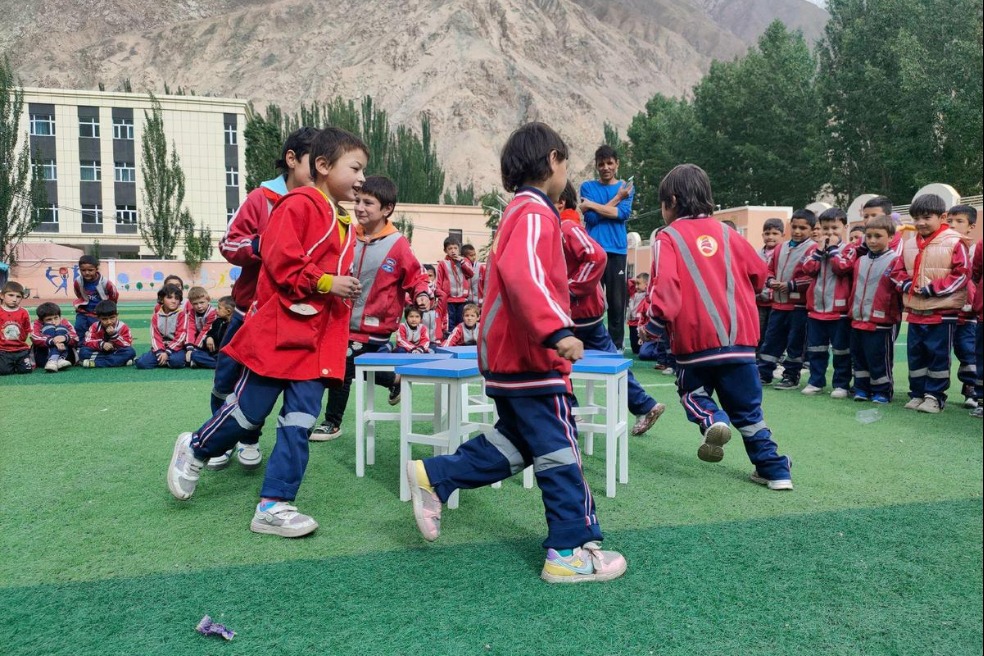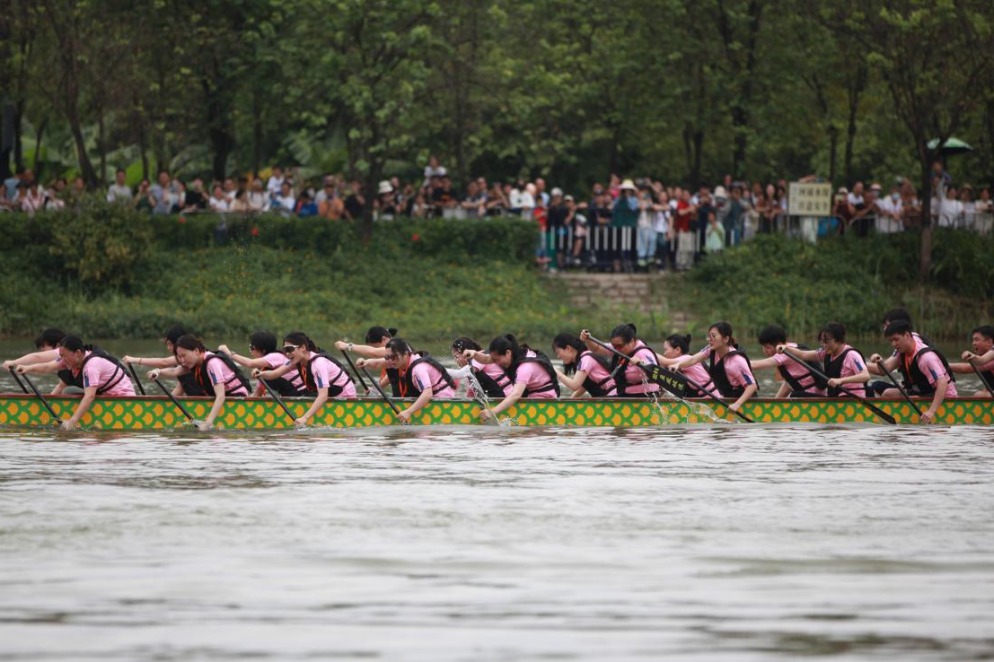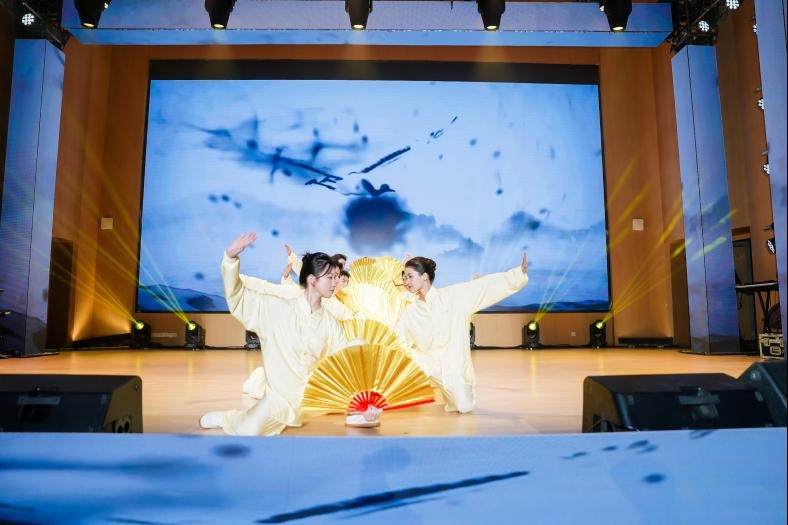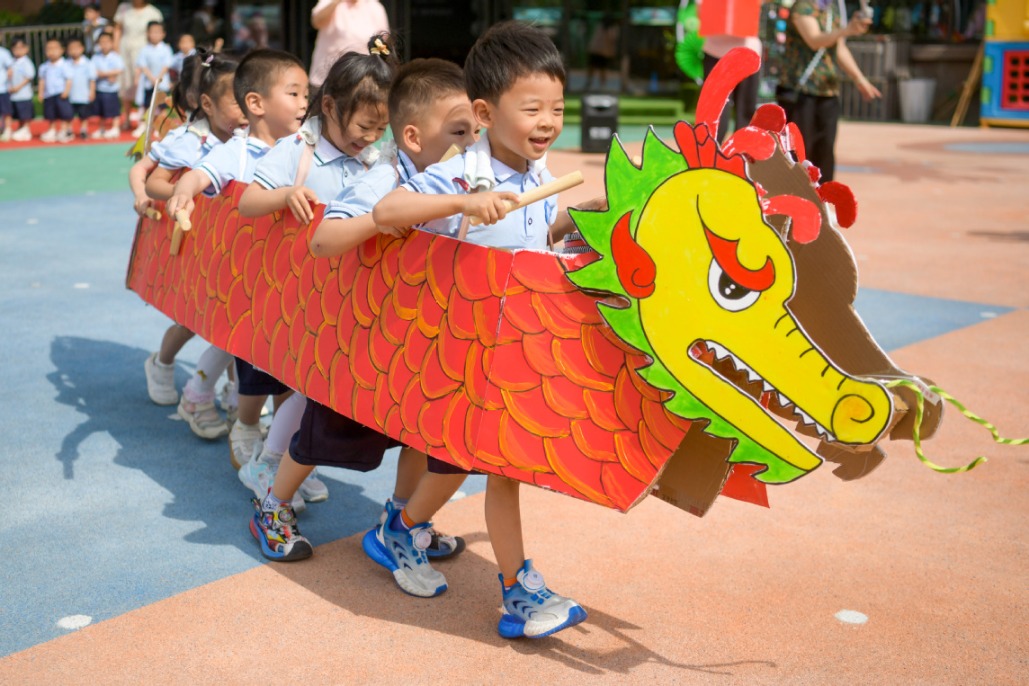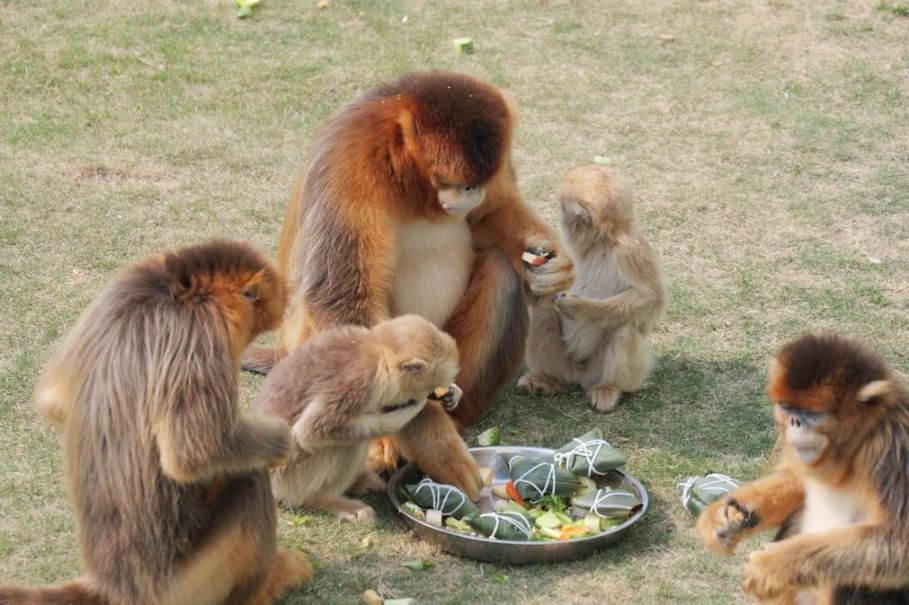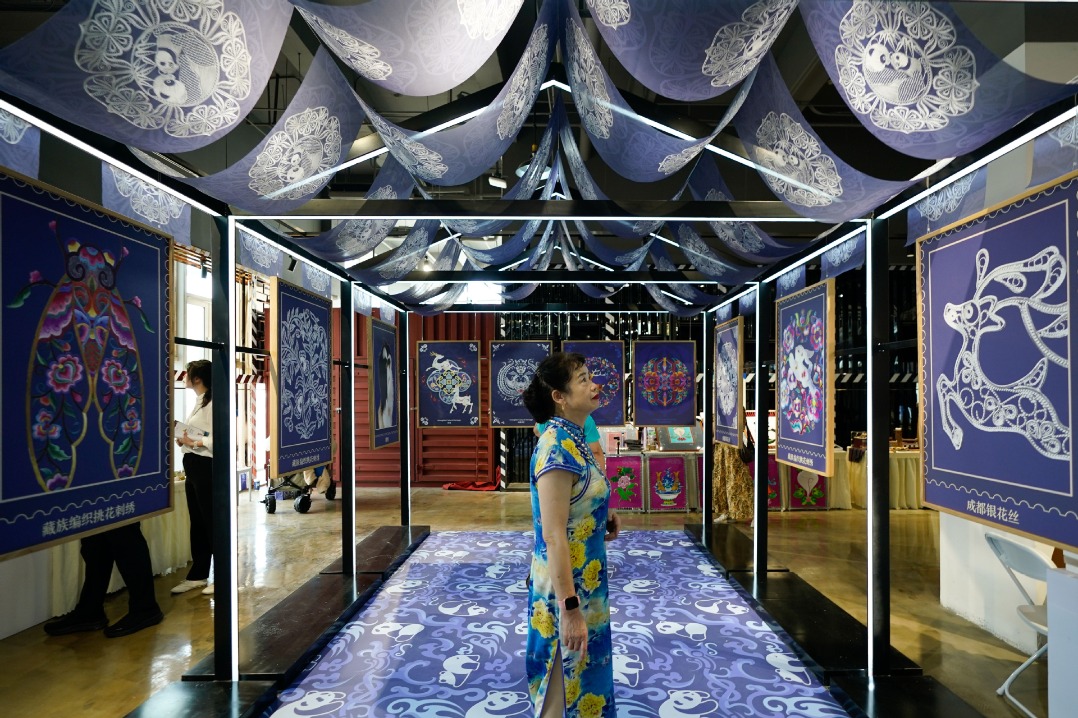80 years on, WWII stories still captivate Chinese youth

BEIJING -- As International Children's Day fell on Sunday, 10-year-old Zhang Shucheng excitedly opened his gift -- a book that brings to life the dramatic story of the Chongqing bombing during World War II (WWII).
Japanese warplanes indiscriminately bombed Chongqing, then China's provisional capital, and nearby cities more than 250 times between 1938 and 1944, killing and injuring more than 32,000 people.
"It is a dark chapter in our history," said the student in Lanzhou, capital of Northwest China's Gansu province. "But I feel obliged to know more about it, from which we can draw lessons."
This year marks the 80th anniversary of the victory of the Chinese People's War of Resistance against Japanese Aggression, and of the World Anti-Fascist War. Although the flames of war have long since extinguished, books depicting that tumultuous period and the bravery of those who lived through it continue to captivate young people in China, encouraging them to delve into that important chapter of history.
Zhang could not remember when his interest in this phase of history first began. Perhaps, it stems from the bedtime stories his parents would tell him.
Thirsty for knowledge, he happily reads at least two books about the war a year. Among his favorites is the cartooned novel Sparkling Red Star, a WWII coming of age story about a boy growing into a soldier.
When he has questions, he tries to discover the answers together with his parents and classmates.
"Sometimes we found it difficult to answer his questions, so we had to check the history books or look online for related data to 'make up for the lesson'," said Zhang's mother Jiang Nan. She said her son is not alone, as she had seen an increasing number of children show an interest in the history of WWII, and together they have discussions.
Li Keran, a 55-year-old owner of a bookstore in Northeast China's Jilin province, also observed the change.
His bookstore in Changchun, capital of Northeast China's Jilin province, sells picture-story books, which used to be popular among his peers. He told Xinhua that his customers mostly fall into two groups: nostalgic people of his generation and primary school students.
"When I was a child I used to be fascinated by the picture-story books," he said. "They could easily appeal to children, and are a good way to tell the younger generation our history so that they will work hard to build our country into a stronger one."
An online database on the Chinese People's War of Resistance against Japanese Aggression and modern Sino-Japanese relations, jointly set up by the Chinese Academy of Social Sciences, the Chinese Academy of History, the National Library of China and the National Archives Administration of China, offers more than 60 million pages of materials.
Last year the database received a total of about 4.95 million visits from around 740,000 people. The number of visits and visitors increased by about 1 million and 110,000 respectively compared with 2023. In the first three months this year alone, the database has been visited 1.25 million times, with new users accounting for an average of 27 percent of monthly traffic.
Literary works in China about the war of resistance first appeared in the 1930s and 1940s, when the country was struggling for survival, and were used to mobilize citizens and boost their morale. They continued to be popular after the People's Republic of China was founded. Some of the characters were once household names across China.
In recent decades, especially in the wake of reform and opening up, people have more access to foreign literary works and tastes have diversified. However, the children's book market witnessed a peak in the publication of war-themed books in 2015, the 70th anniversary of the victory of the World Anti-Fascist War.
Zhang Sining, a researcher with the Liaoning Academy of Social Sciences, explained that such literary works fall into two categories: fiction and non-fiction. "The fictions are based on real stories reflecting the real history and real spirit of heroes in that era," she said.
The scholar noted that in foreign countries there are also similar classics based on particular historical moments, like Molodaya Gvardiya of the Soviet Union and Les Misérables of France.
"Literary works could arouse people's interest and lead them to learn about real history events," she said.
"People believe that some literary works have vitality because they can share the emotions of and find solace from them," said writer Yang Xiaoyan.
A playwright of several famous TV dramas, she herself is also author of several novels about the war for children and teenagers. "The wartime stories are by no means merely tragic narratives. They carry the power to strive for survival and keep moving forward, offering hope in the harshest circumstances," she said.
She told Xinhua that while trying to avoid direct depictions of bloody scenes so that the books were suitable for younger readers, she also would like to send her readers messages of peace and love. At the end of a book, she wrote, as a comment in the memorial hall guestbook that main character of the novel saw, that "History is not horrible. What is horrible is the disregard for and oblivion of history. May peace prevail."
Many Chinese schools also hosted various activities to encourage students to read more of such "red classics."
For instance, in Anying Primary School in Shenyang, capital of Northeast China's Liaoning province, which was named after a war hero, October has been designated as a "reading month." During this time, students are encouraged to show the results of their reading in forms of plays, paintings and speeches.
"Those books provide a bridge for parents and children to have dialogues with their predecessors which transcends time and space," said a teacher Chen Ming. "It is our hope that students could draw wisdom and strength from the books and form a sense of social responsibility, forging ahead bravely in their journeys of the new era."
Zhang Shucheng has worked for more than two years in Gansu Provincial Museum as a volunteer guide, sharing insights with visitors based on what he has learned from books.
"In the old days our predecessors were ill-equipped, but they still achieved victory by relying on their unwavering beliefs and indomitable spirit," he said. "We will also encounter difficulties in life, but as long as we persist, we will surely push forward."
















